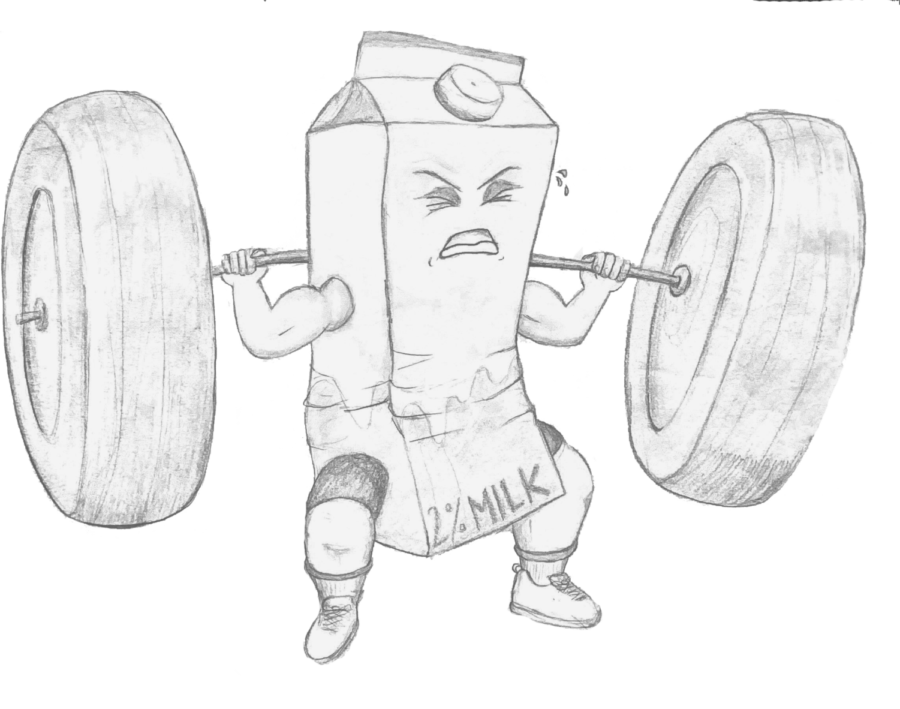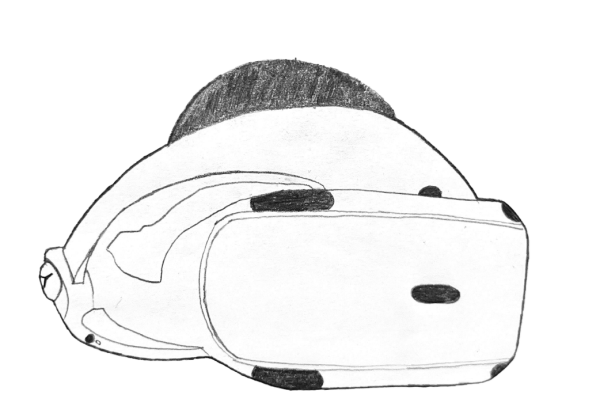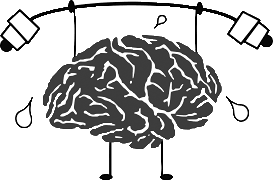Power-Packed Performance
How to fuel your body: An Athlete’s Nutrition Guide
For all types of athletes, nutrition is vital for performance and progression. So, what can you do to make sure you have a healthy diet? The number one thing to remember is to eat all your meals. “I think the big thing is making sure you are getting your meals so you’re getting enough energy so play whatever sport it is that you’re playing,” Jannet Nieves, Garfield’s nutritionist at the Teen Health Center, said. You may skip breakfast or use a caffeinated drink to replace a meal, but by doing this, you are missing out on a lot of energy. Many meals have carbohydrates in them, which then break down into glucose. Glucose is your body’s primary source of energy, so you need lots of it to fuel your intense workouts. It is actually recommended that you eat some sort of carbohydrate food before your workout. Some good options to get carbohydrates in are bagels, raisins, potatoes, bread, and rice. Another thing that athletes should focus on is getting enough protein into their diet. When you work out or lift weights, your muscles experience microscopic damage. In response to this, amino acids in your body provide the building block for new tissue to repair your muscles. These are how your muscles grow and get stronger. This is why it is recommended that 30-45 minutes after your workout, you should eat some sort of protein. Some good options are nuts, beans, dairy foods, and any type of meat. “A lot of weight lifters don’t eat enough carbohydrates because they are so focused on the protein intake, [but] without the carbohydrate intake it’s really hard for you to be able to fuel yourself,” Nieves said. So be careful when prioritizing what to eat, and make sure to eat an adequate amount of carbohydrates to have energy. Dairy intake is another key thing to keep in mind. Dairy is a great source of calcium, protein, and vitamin D. The sun is a good source of vitamin D, but in cloudy Seattle, dairy is a necessary alternative. With dairy providing lots of calcium, it is a good way to make sure your bones are in good health. Strong bones are essential to being able to do hard workouts and recover fully. When Nieves was asked about calcium intake in relation to weightlifting she said, “you’re still developing, your bones are still growing and if we are doing a lot of weightlifting you are putting a lot of pressure on those bones.” Growing teens should maintain strong bones that will be able to put up with intense, frequent workouts. Some good sources of calcium could be milk, yogurt, and cheese. When thinking about your diet as an athlete, you need to remember to eat all your meals to ensure optimal performance. Focus on carbohydrate intake to fuel yourself, then protein intake to help your body recover and repair, and remember to include calcium in your diet.
Nikhil Choudhury is a senior at Garfield this year and is an A&E editor. He loves to ski in his free time and is on the school's wrestling team. He...







